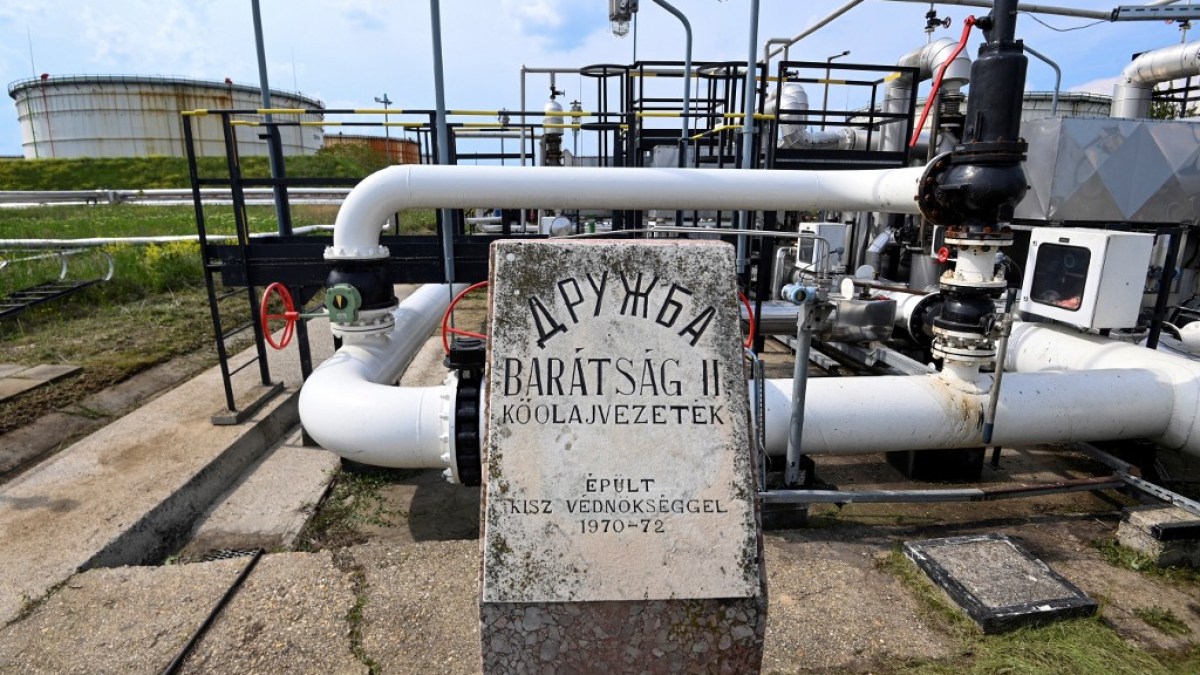Following a Ukrainian strike on Russia’s Druzhba pipeline, Hungary and Slovakia have raised concerns about potential fuel shortages, warning that deliveries could be delayed for several days.
Officials from both nations issued a warning on Friday that the Unecha oil pumping station’s attack, a crucial hub in western Russia, could cause delays in supply for at least five days. Central Europe is primarily served by Russian oil’s crucial route through Belarus and Ukraine, which was constructed during the Soviet Union.
In a joint letter to the European Commission, Hungary’s Foreign Minister Peter Szijjarto and Slovakia’s Foreign Minister Juraj Blanar pleaded with Brussels to intervene and ensure secure energy flows. Without this pipeline, the supply of our nations would simply not be possible, according to them, both physically and geographically.
Viktor Orban, the prime minister of Hungary, released a letter he had written to US President Donald Trump that included the strike.
Orban claimed in it that Ukraine had attacked Druzhba just before Trump’s meeting with Russian President Vladimir Putin in Alaska, and that it was an “unfortunate” escalation.
Trump’s handwritten statement, “Viktor, I do not like hearing this, I am very angry about it,” appeared in a copy of the Facebook letter. There are no comments from the White House.
Energy security
Late on Thursday, Ukraine’s military confirmed that it had struck the Unecha facility, describing it as a crucial component of Russia’s export system.
Despite the location being independently verified, Robert Brovdi, the head of Ukraine’s unmanned systems forces, posted a video on Telegram of a massive blaze at an oil depot.
Following a second straight week of a halt on Monday and Tuesday, the strike severely affected oil deliveries to Hungary and Slovakia. Officials from Russia acknowledged that the Unecha fire had been extinguished, but that it could continue to flow for several days.
After the 2022 invasion, the European Union pledged to completely eliminate Moscow’s oil and gas by 2027. Hungary and Slovakia have resisted these actions, maintaining close ties with Vladimir Putin, the president of Russia, and preventing some sanctions that Kyiv claims are necessary to pressure Moscow.
Both Germany and Kazakhstan, which also use the Druzhba pipeline, reported that their supplies remained unaffected. Berlin confirmed that Kazakhstan’s oil flows had not been hampered while Bernin claimed that fuel deliveries to the capital’s PCK Schwedt refinery were safe.
Source: Aljazeera

Leave a Reply